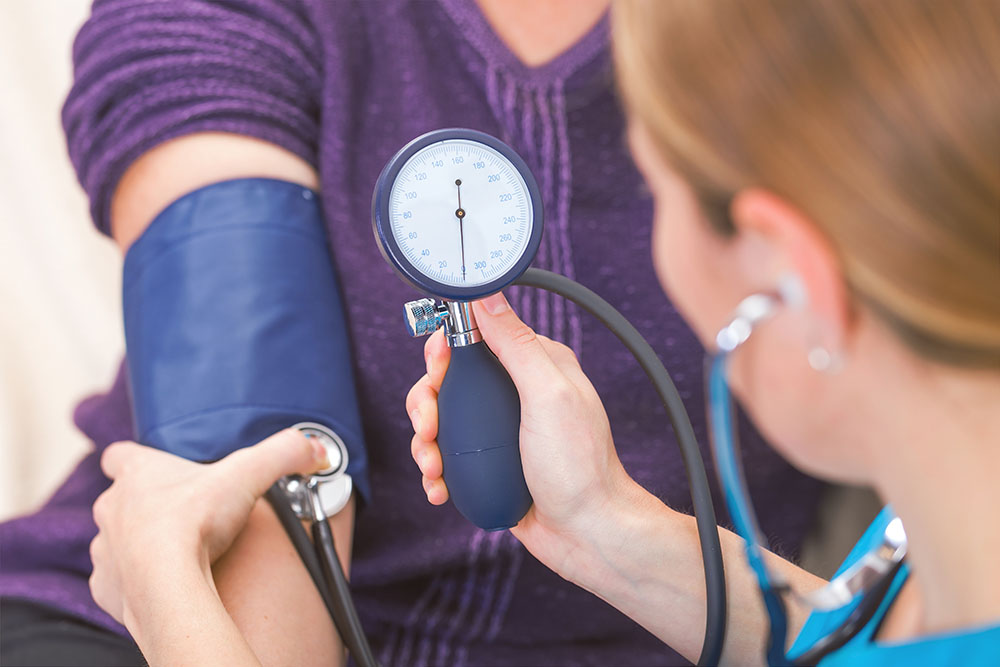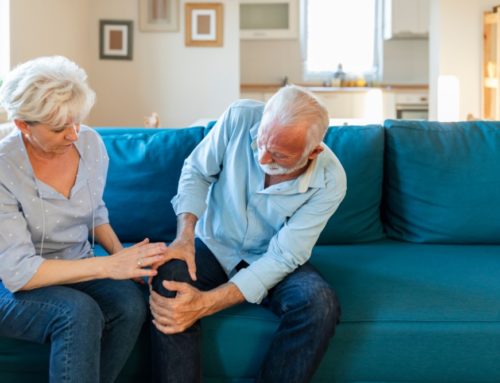When blood flow to the brain is altered or halted, a stroke occurs, requiring medical attention. Even with quick treatment restoring the flow of blood, the patient may be dealing with damage to the brain. Depending on the severity, some temporary or widespread problems may occur. So, how can you prevent the complications of a stroke?
An essential aspect of recovery after hospital treatment is stroke rehab, which can prevent any complications. This rehab may include physical, occupational, and speech therapy, depending on your symptoms. These therapies help you regain strength, mobility, motor functions, and speech for more independence and better quality of life. Stroke rehab also offers medical supervision, emotional, and vocational support for reduced stress and anxiety during rehab.
If you’d like to learn more about preventing stroke complications with rehabilitation therapies, check out the following sections.

Prevent the Complications of a Stroke
The brain is a vital organ controlling all of the body’s functions. After a stroke, damage to the brain can alter how it works, causing various complications. To prevent such issues, rehabilitation is the first course of action. Depending on the side effects you’re dealing with, rehab may feature certain therapies, including:
- Physical therapy – After a stroke, some individuals have issues with how their bodies move. Physical therapy uses various exercises to increase muscle strength, coordination, mobility, balance, flexibility, and range of motion. A trained therapist will tailor the activities to match the needs of each patient for the fastest recovery. The sooner you begin physical therapy, the better your results will be.
- Occupational therapy – Like physical therapy, occupational therapy is designed to help individuals regain motor control, balance, and coordination. During this therapy exercises, therapists help patients increase their independence by offering new methods for performing daily activities. Such tasks include dressing, bathing, eating, and household chores, restoring confidence and independence.
- Speech and swallowing therapy – Communication is often affected by a stroke, as are memory and thinking skills. A speech therapist works with individuals to improve speaking, writing, and reading abilities to prevent long-term communication issues. Swallowing difficulties may occur, putting patients at risk of choking, which is also addressed by speech therapy.
Though therapy is essential to prevent stroke complications, you may also require lifestyle changes. Returning to work may not be possible, so switching or leaving your current job may be recommended. Healthy eating, reduced alcohol consumption, quitting smoking, proper sleep habits, and managing related health conditions are also crucial.
What are the complications of a stroke?
Side effects of a stroke vary, depending on the individual, the stroke severity, and how quickly treatment is administered. Muscle movement is common, causing weakness or paralysis and affecting coordination and balance. Some stroke patients feel pain, aches, numbness, or tingling in various areas of the body.
Cognitive issues may occur, particularly affecting memory and critical thinking. Some individuals also experience emotional and behavioral changes, such as anxiety, depression, or lack of self-care. Speech issues are frequently associated with a stroke, affecting communication, while swallowing difficulties affect eating and drinking.
Medical issues are also complications to watch for. These can include urinary tract infections, constipation, incontinence, pneumonia, seizures, bedsores, limb contractures, and deep vein thrombosis. Discuss any concerns about complications with your doctor immediately.
Resources:
https://www.mayoclinic.org/diseases-conditions/stroke/in-depth/stroke-rehabilitation/art-20045172
https://www.mayoclinic.org/diseases-conditions/stroke/symptoms-causes/syc-20350113
https://www.ninds.nih.gov/health-information/disorders/stroke
https://www.ncbi.nlm.nih.gov/pmc/articles/PMC6188238/
This content comprises informative and educational resources only and can not be considered as a substitute for professional health or medical guidance. Reliance on any information provided in this article is solely at your own risk. If you have any inquiries or apprehensions about your medical condition or health goals, talk with a licensed physician or healthcare provider.






Leave A Comment